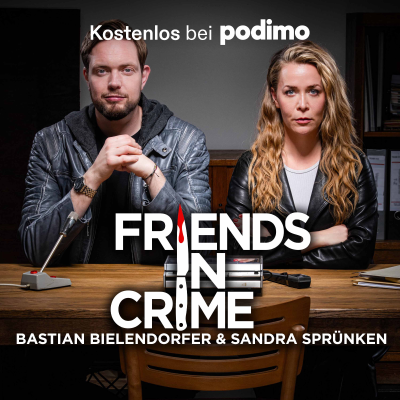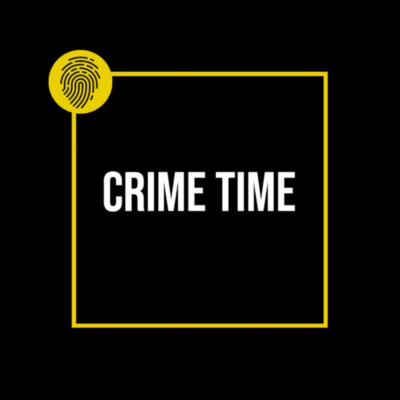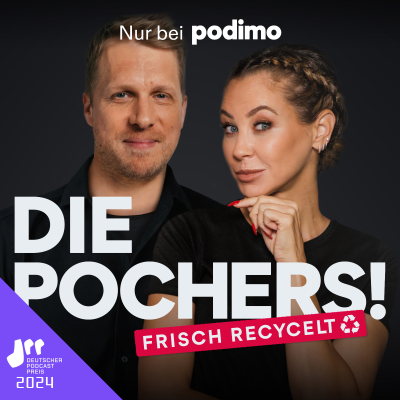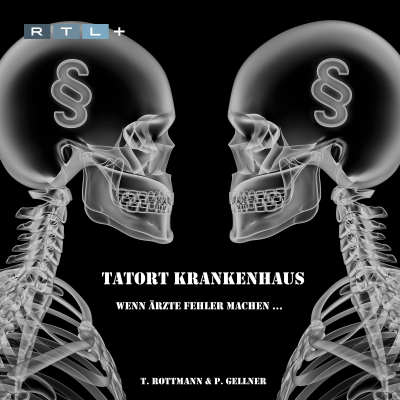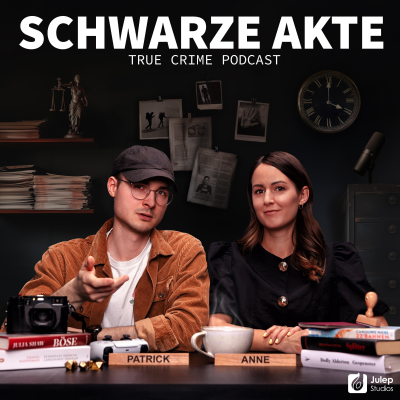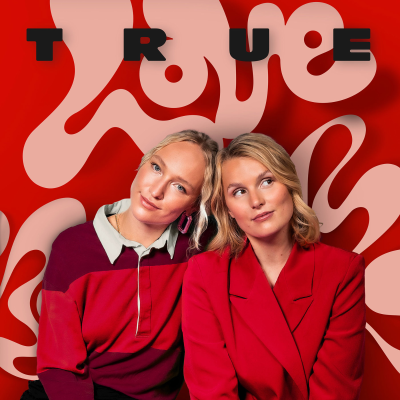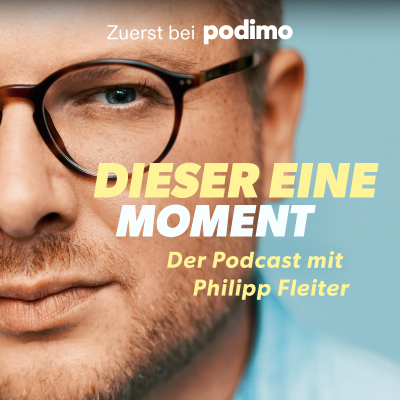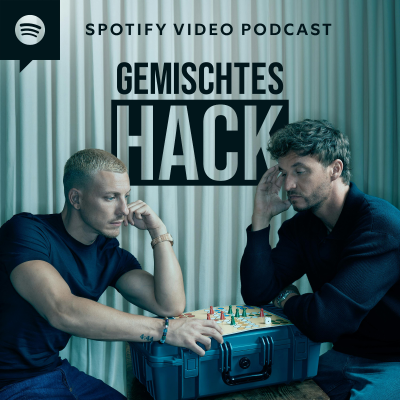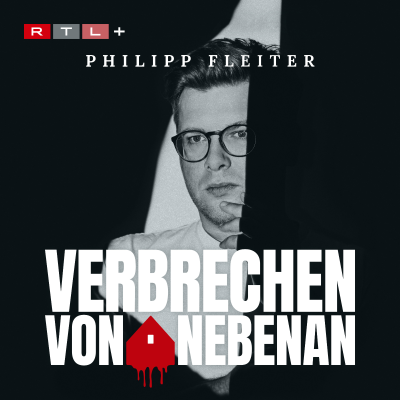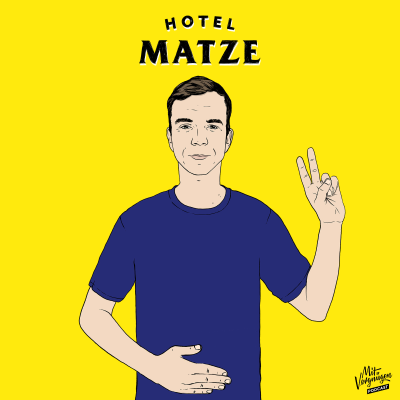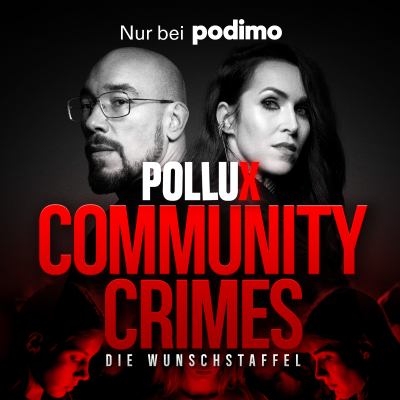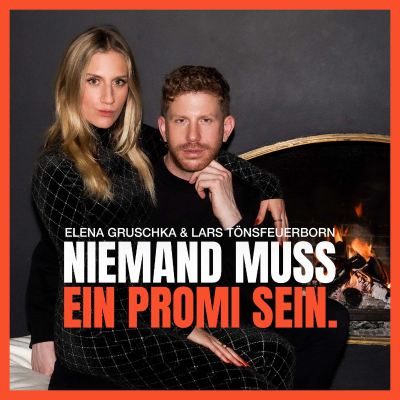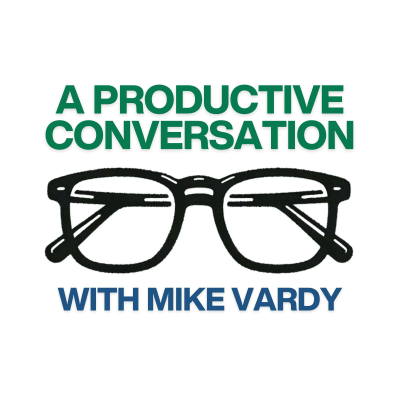
A Productive Conversation
Podcast von Mike Vardy
Nimm diesen Podcast mit
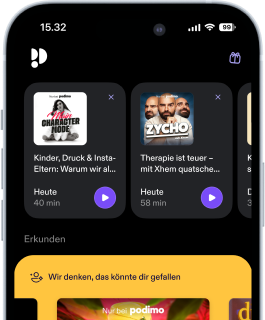
Mehr als 1 Million Hörer*innen
Du wirst Podimo lieben und damit bist du nicht allein
Mit 4,7 Sternen im App Store bewertet
Alle Folgen
844 FolgenIn this episode of A Productive Conversation, I'm joined by Jenny Wood — author of the book Wild Courage: Go After What You Want and Get It [https://amzn.to/3HtMgMd]. Jenny and I dive deep into the nine supposedly “negative” traits she reclaims as powerful tools for getting what you want in work and life. From her 18-year journey at Google, rising from entry-level to executive, to launching the company’s massive Own Your Career program, Jenny shares stories that challenge the conventional wisdom around being “too much.” Whether it’s being nosy, selfish, or bossy — Jenny reframes these traits as strengths that fuel progress, self-awareness, and courageous action. Six Discussion Points * Why Jenny reclaims words like selfish, bossy, and reckless — and what they actually mean. * How Wild Courage was born from a homework assignment… and a subway love story. * The role of nuance and reframing in personal development and leadership. * Lessons from Google on prioritization: “Say yes to the big, say no to the small.” * When obsession is a strength — and when it turns into burnout. * Permission slips, spotlight effects, and overcoming fear of judgment. Three Connection Points * Read Wild Courage: Go After What You Want and Get It [https://amzn.to/3HtMgMd] * Jenny's website [https://itsjennywood.com/] * Read How to Decide When to Say "No" [https://mikevardy.com/how-to-decide-when-to-say-no-2/] Jenny doesn’t just write about boldness — she lives it. This conversation will nudge you to reexamine how you show up, reframe what’s holding you back, and redefine what courage looks like in your life and work. If you’ve ever felt like you had to shrink to succeed, this episode offers another path — one rooted in wild, unapologetic courage.
In this episode of A Productive Conversation, I dive into a topic that’s often overlooked when discussing productivity: conflict. But not just any conversation about conflict — this one’s with Dana Caspersen, conflict engagement specialist, TEDx speaker, and author of Conflict Is an Opportunity: 20 Fundamental Decisions for Navigating Difficult Times [https://amzn.to/4kDNZgr]. Dana brings a rare combination of deep analytical insight and artistic fluency to the conversation, shaped by decades of work as both a mediator and an award-winning performing artist. We explore how the way we approach conflict — in work, relationships, and even with ourselves — is a direct reflection of how we manage time, attention, and energy. Six Discussion Points * Why conflict isn’t a distraction from productivity — it’s a part of it. * The four fundamental elements of conflict: emotion, needs, interests, and strategies. * How assumptions derail conversations and curiosity keeps them alive. * Replacing complaints and demands with thoughtful requests. * The role of journaling in conflict clarity and attention calibration. * Dana’s “20 Decisions” framework and how to work with — not against — your conflict habits. Three Connection Points * Dana's website [https://www.danacaspersen.com/] * Get Conflict Is an Opportunity: Twenty Fundamental Decisions for Navigating Difficult Times [https://amzn.to/4kDNZgr] * Interested in a related conversation? Then also listen to Episode 354: How To Decide with Annie Duke [https://mikevardy.com/podcast354/] This episode reminded me that conflict isn’t something we need to fear or avoid — it’s something we can navigate with purpose. Dana’s thoughtful framework is more than theory; it’s a guide you can return to anytime you feel stuck, misunderstood, or simply out of sync. If you want to turn tension into transformation, this conversation is a must-listen.
This episode is the latest installment in our monthly PM Talks series, where Patrick Rhone and I dive deep into ideas that shape how we manage time, energy, and focus. This month, we explored a topic that sneaks into our workflows and sustains our best efforts when used wisely—momentum. Momentum isn’t just a starting gun. It’s a rhythm, a flow, a throughline. In this episode, we break down what momentum looks like at different stages of a project or practice, how to recognize its many disguises, and ways to harness it without burning out or blowing past friction points that deserve your attention. Six Discussion Points: * Why starting with a satisfying, low-friction task can set the tone for your entire day * The difference between “Gomentum,” “Slowmentum,” and everyday momentum * How to align your energy and environment to keep momentum going * What friction can teach us—and how to treat it as a signal rather than a stop sign * The dual role of a creator: sustaining promotion while starting the next meaningful thing * How to tell if a diversion is worth following or just a cleverly disguised distraction Three Connection Points: * Patrick Rhone’s Website [https://patrickrhone.com] * Watch a sneak peek of my conversation on The Science of Revenge with James Kimmel Jr. [https://www.linkedin.com/events/livepodcastepisode-thescienceof7330315083882921985/theater/] * Listen to APC Episode 586: Nir Eyal Talks About Becoming Indistractable and Managing Distractions [https://mikevardy.com/podcast586/] We left a lot on the table this time—and that’s intentional. Next month, we’ll be diving into the idea of sustainability, how it differs from consistency, and why it’s essential for any lasting creative or productive work. If you’ve got thoughts, comments, or suggestions for season three, drop them wherever you listen or find me online. Until then, keep the momentum going.
Light is something we often take for granted. We flip a switch, our rooms brighten, and we move on with our day. But what if the light we’re exposed to is impacting our sleep, health, and overall longevity? Dr. Martin Moore-Ede, a pioneer in circadian science, joins me on A Productive Conversation to discuss the powerful role light plays in our lives. His latest book, The Light Doctor: Using Light to Boost Health, Improve Sleep, and Live Longer [https://amzn.to/4dIHZks], dives deep into how modern lighting affects our bodies and what we can do to make healthier choices. In this episode, we explore the unseen effects of artificial lighting, how night owls (like me) can optimize their routines, and why the right type of light exposure is as critical as nutrition and exercise. If you’ve ever wondered why you feel wired at night, sluggish in the morning, or just can’t seem to get restful sleep, this conversation will shine a light—literally—on what might be going on. Six Discussion Points * The critical role of light in our health and why it’s as important as food, water, and air * How modern artificial lighting disrupts our circadian rhythms and contributes to health issues * Why night owls struggle more with artificial light exposure and what they can do about it * The hidden dangers of LED lighting—why Dr. Moore-Ede compares it to DDT and asbestos * Simple strategies for optimizing light exposure throughout the day to improve sleep and overall health * The future of lighting and the push for healthier, circadian-friendly solutions Three Connection Points * Get Dr. Moore-Ede's book, The Light Doctor [https://amzn.to/4dIHZks] * Dr. Moore-Ede's website [https://thelightdoctor.com/] * Read Dr. Moore-Ede's Substack [https://www.thelightdoctor.substack.com] The way we interact with light is more powerful than we realize. Dr. Moore-Ede's insights will make you rethink everything from your morning routine to the bulbs in your home. Tune in for an illuminating discussion on how to harness light for better productivity, health, and longevity.
What if rejection wasn’t something to fear—but a skill to build? In this episode of A Productive Conversation, I chat with Alice Draper, founder of Hustling Writers and host of My Rejection Story. Alice has helped clients land interviews on hundreds of top podcasts and is on a mission to demystify the power of rejection, especially for creatives and entrepreneurs. We explore what it means to navigate self-rejection, build visibility in an increasingly noisy world, and pitch yourself without compromising your voice. As someone who’s been on both sides of the podcast pitch, Alice shares refreshing insights that go beyond the usual tips and templates. Six Discussion Points * How Alice went from freelance journalist to podcast publicity expert (accidentally) * Why self-rejection is the most insidious form of rejection—and how to combat it * The link between imposter syndrome and visibility for marginalized voices * Journaling as a path to resilience, awareness, and action * How community can be your greatest hack for rejection resistance * What makes a strong podcast pitch—and why vulnerability is essential Three Connection Points * Hustling Writers [https://hustlingwriters.com/] * Listen to My Rejection Story [https://hustlingwriters.com/podcast/] * Check out Alice's appearance on This Changes Everything [https://open.spotify.com/episode/2TuyBVB4iXnEkEabWNV0r9?si=u4QdvrPDQG6Btb7gdiqWsw] This conversation reminded me that rejection isn’t a sign of failure—it’s a signal that you’re putting yourself out there. Alice’s perspective on vulnerability, rejection, and authentic outreach is something I think more creators and professionals need to hear, especially in an era obsessed with shortcuts and surface-level connection.


